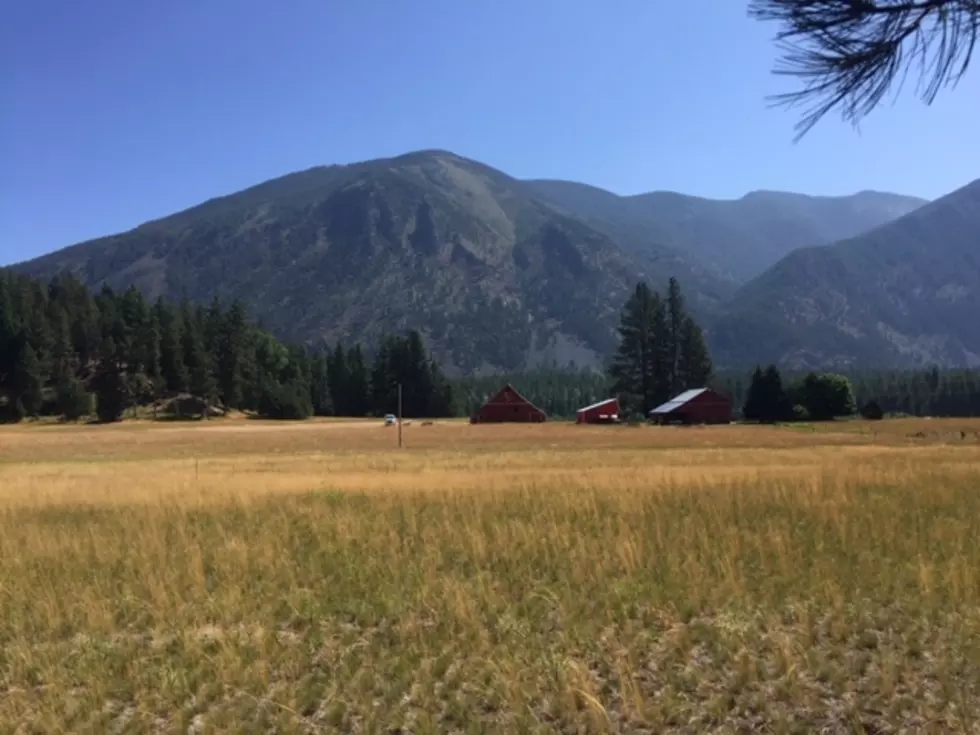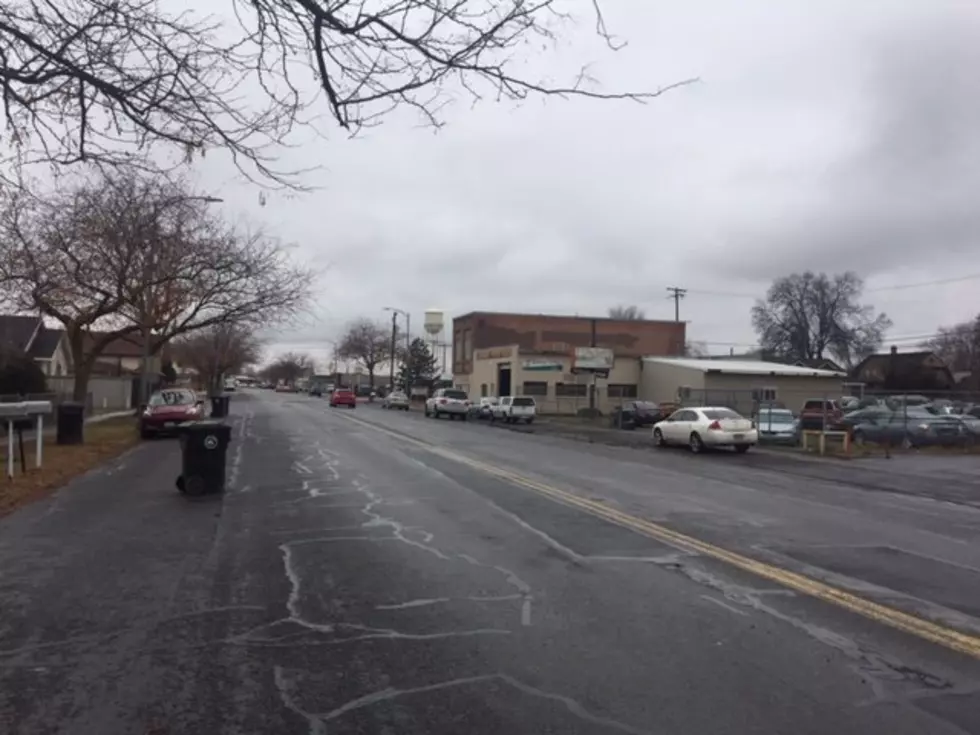
Combine Sales Up In 2022, With Tractor Sales Lower
Combine harvester sales finished the year with healthy gains in unit sales while ag tractors finished the year below 2021 levels in both the U.S. and Canada. Curt Blades, AEM senior vice president, industry sectors and product leadership, said the decline largely reflects the robust sales in 2020 and 2021.
“What has changed with 2022 is softness in that under 40 horsepower tractor market, that's more of an indication of how strong that under 40 horsepower tractor market was during the pandemic. We have seen really strong numbers in the ag specific markets, those 100 plus horsepower tractors and combines and even four wheel drives. So, that's an indication that the ag market continues to be strong and the softness is showing up in some of those more consumer styled markets. They represent a lot of volume, so that makes the percentages look a little bit lower.”
Combine sales saw continued growth year over year and even month over month in December.
“Combines are ending the year at almost 16 percent above where we were this time last year. That's a very solid indication that farmers feel good about the economy. As you know, combines are a considered purchase. You don't wake up tomorrow and decide that you're going to spend three quarters of million dollars on a piece of equipment unless you feel pretty good about what the future holds. So that's certainly part of it is the optimism that's out there about current income as well as the prospects for future income. The other piece that's very real is the technology of combines continues to improve.”
Looking ahead to 2023, supply chain issues remain a concern. However, Blades said the sector and farmers are adapting.
“We do see some light at the end of the tunnel. Certainly, our members are telling us that. That being said, there are some underlying fundamentals that aren't going to be resolved anytime soon. At the heart of the supply chain challenges are labor challenges, a shortage of good solid workers, a shortage of transportation in the trucking industry, but I think some of the fundamentals of the industry have also changed maybe permanently. I think it's a good thing when farmers are able to plan ahead for what their equipment needs are going to look like next year, two years, five years out, and that sort of mitigates any of those delivery challenges they might have experienced in the last few years.”
Electrification has been big in the automotive world and even quickly growing in construction equipment. Blades said it will remain a topic of interest in the next few years.
"It's really difficult to create the sustained level of power that’s needed on a farm with an electric engine. That being said, I think we all in the ag industry and certainly in the equipment industry have a desire to reduce our emissions. There's lots of technologies that can lead to that, and we as an industry are giving careful consideration to all of those pieces. There will be places where electrification makes a whole lot of sense, but there are other places where the technology is not quite there yet. It's going to be interesting to continue to watch over the next few years. I continue to be optimistic that the off-road equipment industry, we find ways to innovate, that will astound people and will meet all of those ultimate societal goals.”
He added that technological innovations will continue and help farmers be more efficient in the future.
“When you think about a tractor that knows where it is in a field, and it begins to drive itself in straight rows, what else can you do there? Whether it's sensors or whether it's additional data that's collected or whether it's being able to spray a specific weed or a specific pest problem, that's exciting technology. So, I think in the coming year and in the coming years, I think we're just on the cusp of what that's going to mean for individual farmers and their operations beginning to think about not just fields of crops, but 1000’s of crops in a field and treating those individual plants with a specific practice.”
If you have a story idea for the PNW Ag Network, call (509) 547-9791, or e-mail glenn.vaagen@townsquaremedia.com
More From PNW Ag Network









